Plans to pump 180 million litres of water per day to London from a Powys reservoir have been met by resistance from many, including Plaid Cymru leader Adam Price, who has called on the Welsh Government to block the plans.
The water services regulation authority Ofwat recently confirmed that the plans to extract water from the Lake Vyrnwy reservoir to supply the Thames Water company will proceed to the next stage of its development.
The plans have invoked fears of the past repeating, as similarities to the construction of the Tryweryn dam have been drawn.
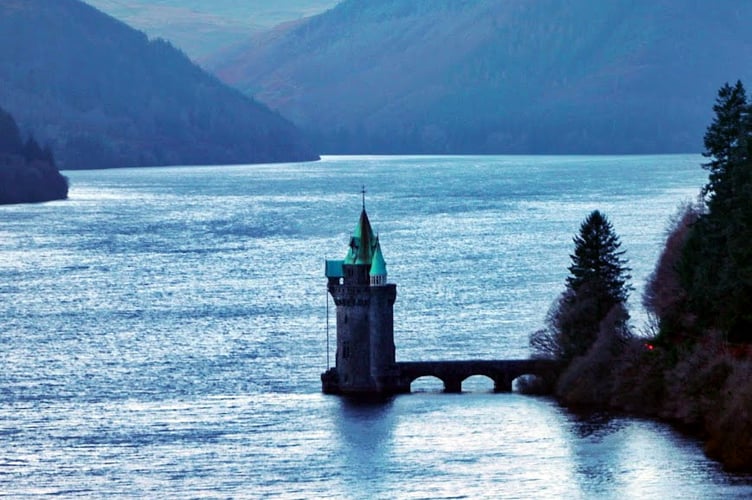
But one of the men who resisted the construction of the Tryweryn dam using more than just his words saw a different side to the situation in Powys.
Owain Williams from the Llŷn Peninsula was one of three men who attempted to disrupt the Tryweryn dam’s construction 60 years ago.
Mr Williams acted alongside Emyr Llewelyn Jones and John Albert Jones in protest of the dam, which drowned the village of Capel Celyn, and displaced its 70 residents so that water could be shipped to Liverpool.
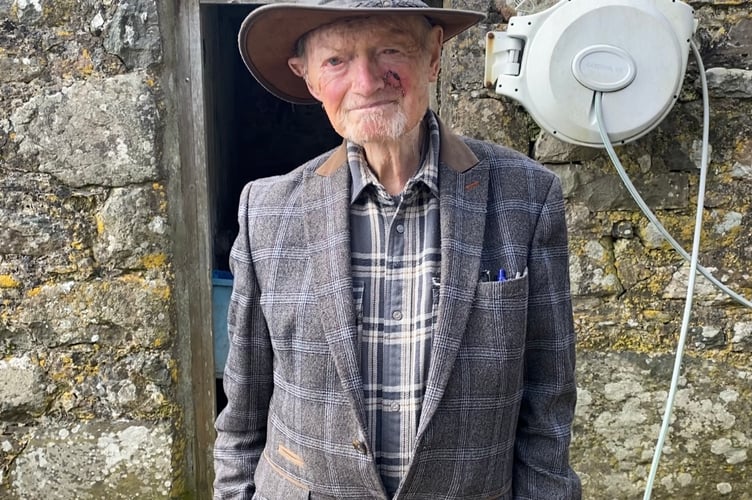
On the night of 9 February 1963, the three men travelled through a blizzard, and planted a 2.3kg bomb at an electricity transformer powering the whole project.
Mr Llewelyn Jones was arrested a week later, but refused to name his co-conspirators. On the day of his sentencing however, they would be apprehended after they blew up an electricity pylon at Gellilydan, near Trawsfynydd.
Mr Llewelyn Jones and Mr Williams were handed a year’s prison sentence each, and Mr Albert Jones received three years on probation.
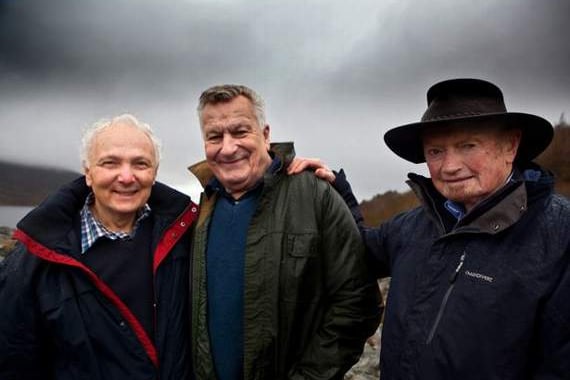
Despite their actions, the Tryweryn dam was completed and opened on 21 October 1965.
With the plans for Lake Vyrnwy igniting memories of Tryweryn for many, Mr Williams said he would not find the plans objectionable, so long as Wales made money on the resources it was providing, and so long as the damming occurred in a remote area.
Mr Williams said: “I would have no objection towards the damming so long as it doesn’t affect any communities, and that we could charge for the water that is going over the border, which is how it should be.
“To look at it from a market perspective, business is business, so I wouldn’t object to the idea, so long as we are paid for it.
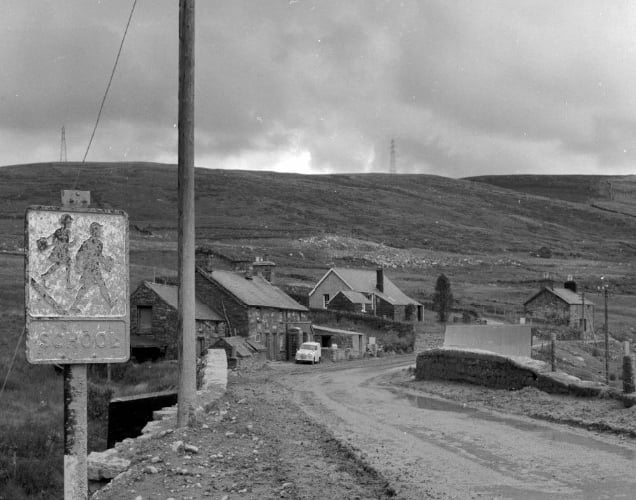
“Wales needs to be compensated for it. We haven’t got many resources in Wales, but water is one of them we have. Water is a rare and valuable resource, especially if we look towards the future.
“We need the economy to prosper to keep people here. If this is something that can bring revenue to the Welsh economy, I wouldn’t see anything wrong with that.
“They need the water, and we need the money. So long as it is selected properly and only on the condition there is a commercial deal where Wales gains from it, that would help restart our economy, especially in rural areas.
“What I would say is that the entirety of Welsh water should be owned by Welsh water companies, right now a sizable amount is owned by Severn Trent Water.
Yn Cymraeg: Owain Williams yn rhoi ei barn ar cynlluniau
“Some people may possibly see this as history repeating itself, but there are differences that I would assume, I cannot believe they would be stupid enough to drown a village or a community.
“Sometimes it takes a long time to wake up the Welsh, and they’ve been sleeping for 500 years.
“What Emyr Llewelyn Jones, John Albert Jones and myself did 60 years ago to create an explosion to object to the dam being built in Tryweryn, it started the clock. The Welsh did resist the plans back then, but it was a weak resistance. I think it took a long time for the message to go home and for the consciousness of the Welsh to be awoken to a degree. There’s still a way to go, but there’s more of a feeling of the nation of Wales now.”
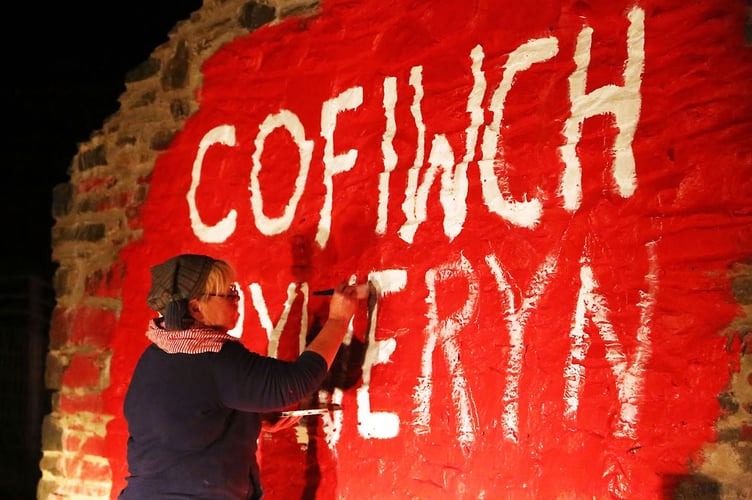
When Mr Williams was asked if he would do the same thing again today, the near 90-year-old simply said: “I wouldn’t be able to do it these days.”
Wales already provides 243 billion litres to England on a yearly basis. Unlike Scotland and Northern Ireland, Wales does not currently have full control over its water resources, allowing private companies based outside of Wales to extract water from our rivers and reservoirs at a minimal price.
Welsh customers continue to endure some of the highest water bills in the UK.




Comments
This article has no comments yet. Be the first to leave a comment.